It’s good to be bad: Movie villains that turn good in the end

Watch the trailer for “Suicide Squad.”
- Share via
It sure is good being bad. No movie villains quite sum up that phrase like the main characters of “Suicide Squad.” However, the baddies of DC’s latest film are not the first to ultimately fight for the good side. Here are some of the most famous evil-turned-good movie characters. Who is your favorite reformed villain?
Ebenezer Scrooge — “A Christmas Carol”
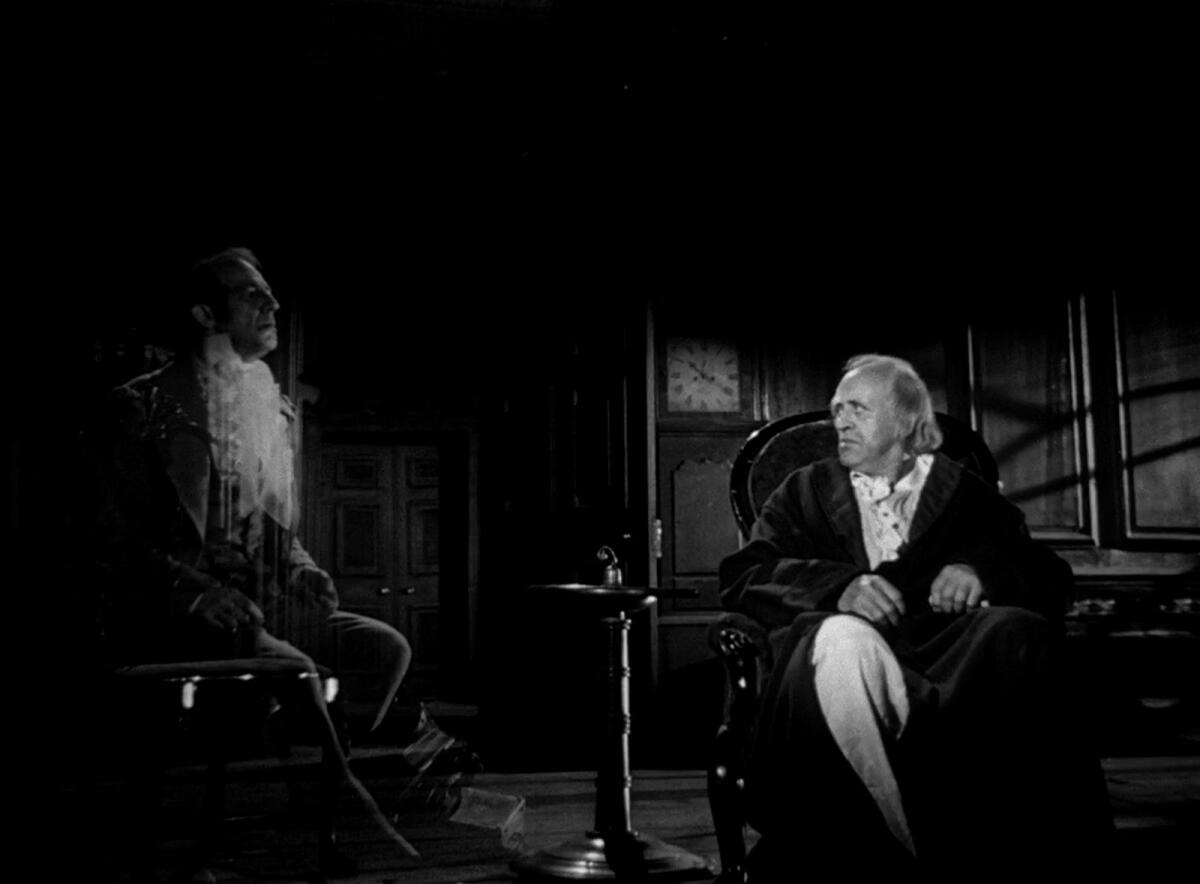
No one quite characterizes the grumpy old man like Ebenezer Scrooge. The penny-pincher who begins the tale as a selfish and mean-spirited person is reformed by the end of the film — with a little help from the ghosts of Christmas past, present and future. Frightened by what his future holds if he continues down this surly path, Scrooge eventually learns the true meaning of Christmas and gives back to his community — especially Tiny Tim.
Darth Vader — “Star Wars: Episode VI — Return of the Jedi”
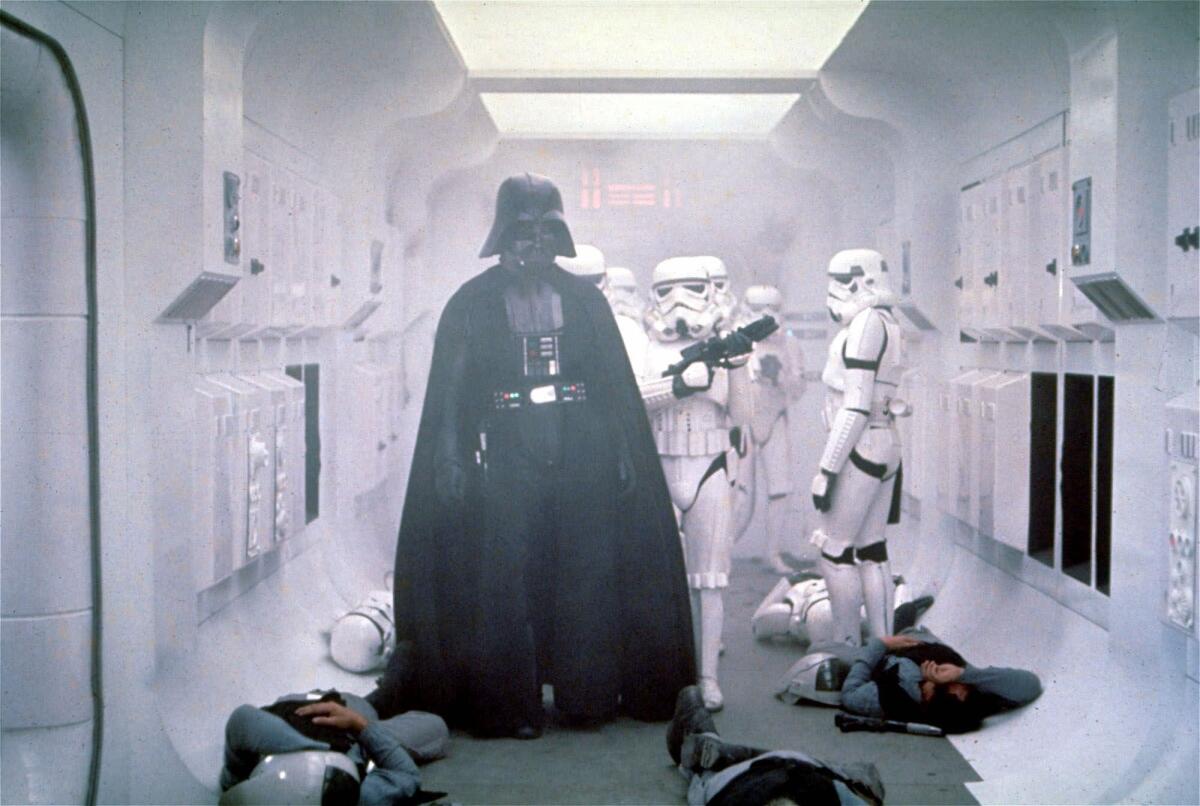
Perhaps one of the most iconic cinematic villains of all time, Darth Vader found the light by the end of the original “Star Wars” trilogy. After revealing himself as Luke Skywalker’s father in “The Empire Strikes Back,” Vader continues to try to bring Luke over to the dark side in “Return of the Jedi.” When the Emperor starts to torture Luke for his reluctance to come over to the dark side, Vader finally unleashes his inner good and kills his own Sith master. Though mortally wounded by his actions, Vader dies in peace by his son’s side knowing his final act was good.
The Terminator — “Terminator 2: Judgment Day”
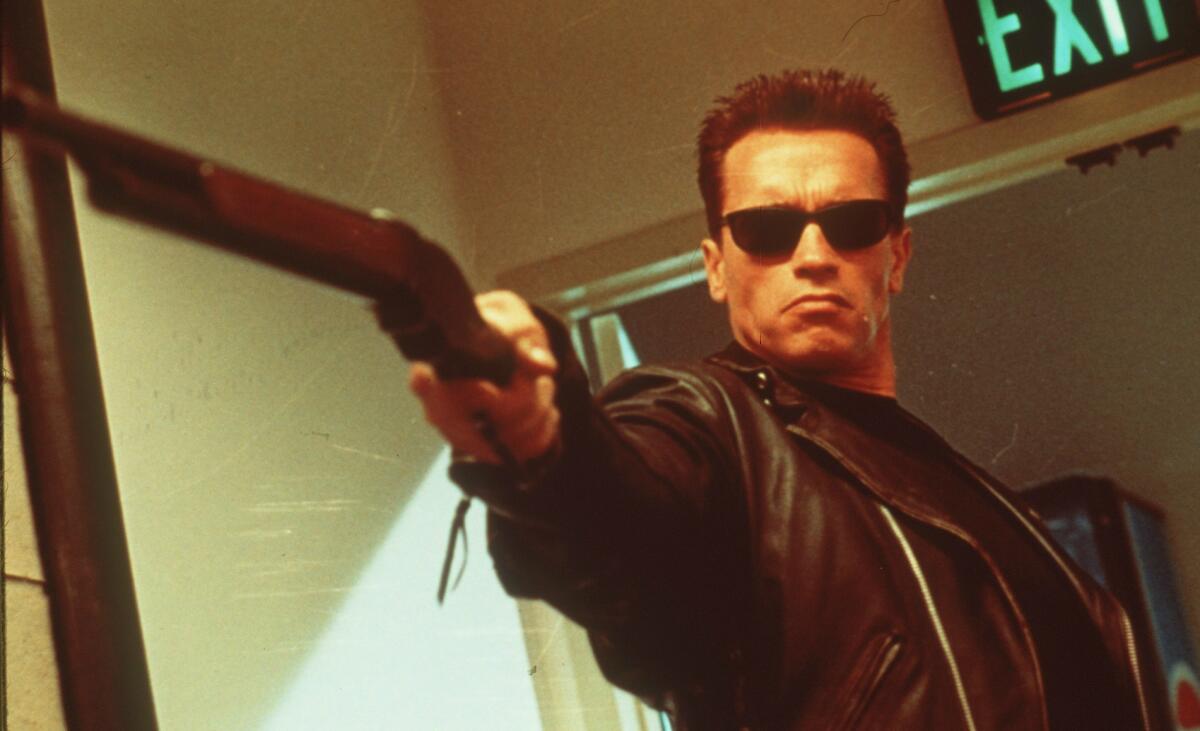
Years after the time-traveling cyborg assassin, the Terminator, tried to kill Sarah Connor and her unborn son in order to prevent the future victory of the human resistance, an identical Terminator is sent back in time to protect Sarah and John Connor from a new threat. This made the T-800, the villain most feared in the first film, the hero in the second.
Grinch — “How the Grinch Stole Christmas”
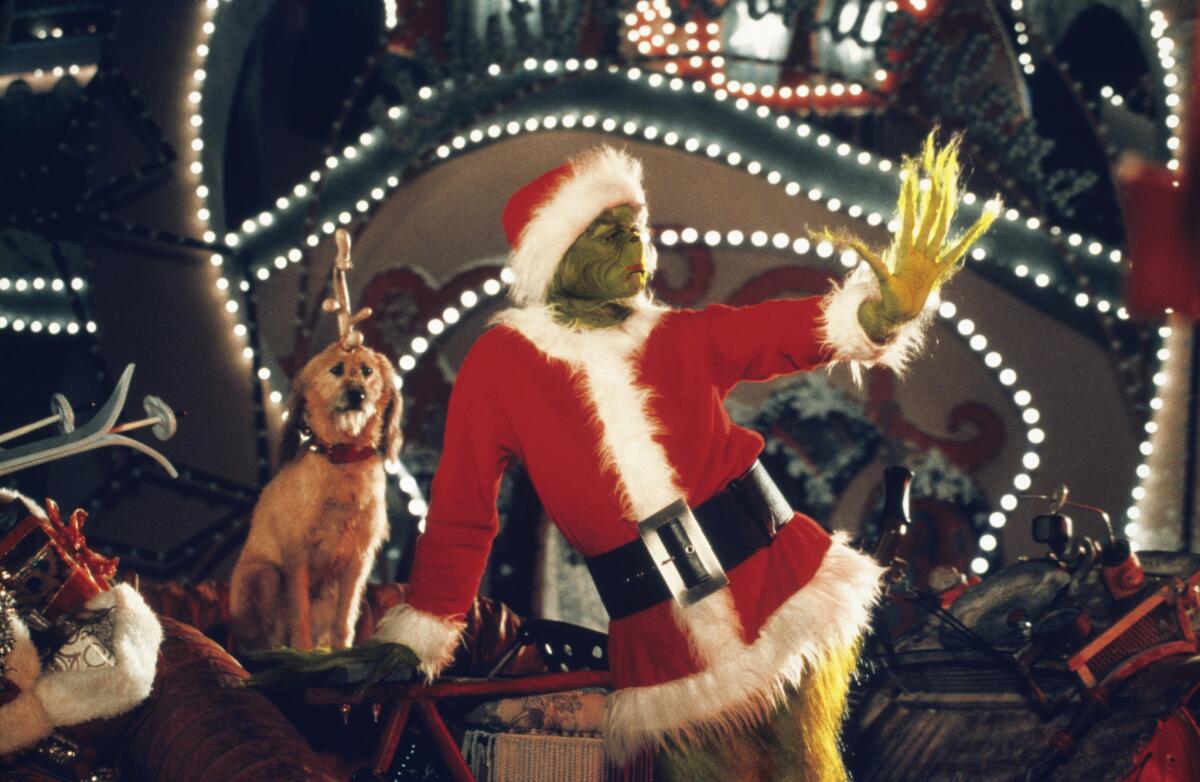
In yet another classic redemption tale, Dr. Seuss’ famous Grinch, who has a severe hatred for Christmas, takes away all holiday presents, food and decorations from the residents of Whoville. However, upon seeing how his actions do not deter their Christmas spirit, the Grinch’s heart grows three times in size and he finally understands that the point of Christmas is not the presents or feasts but to be with the people that you love.
Regina George — “Mean Girls”
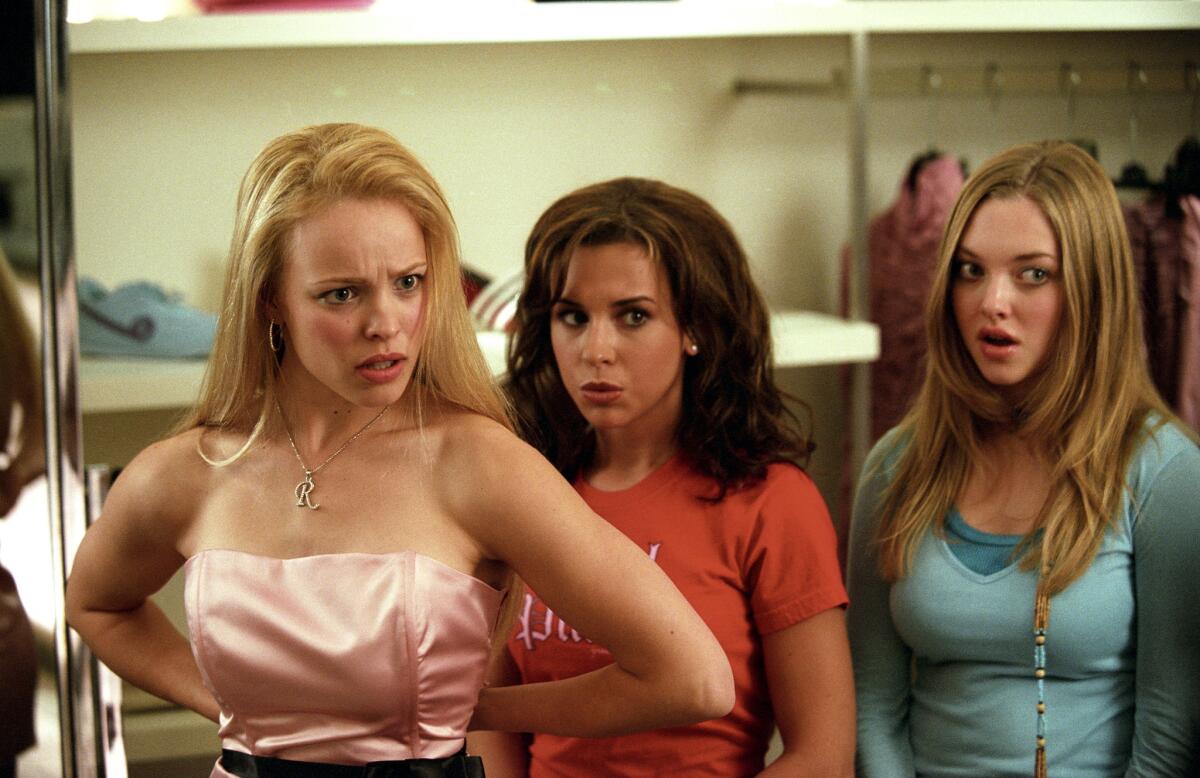
After dragging nice newcomer Cady Heron (Lindsay Lohan) down into the world of mean, the ultimate mean girl Regina George is reformed at the end of the film — of course she is taken down a few pegs, loses spring fling queen and gets hit by a bus before that happens. Thanks to Heron, Regina and the other mean girls find their place in society without being cruel to everyone else.
Miranda Priestly — “The Devil Wears Prada”
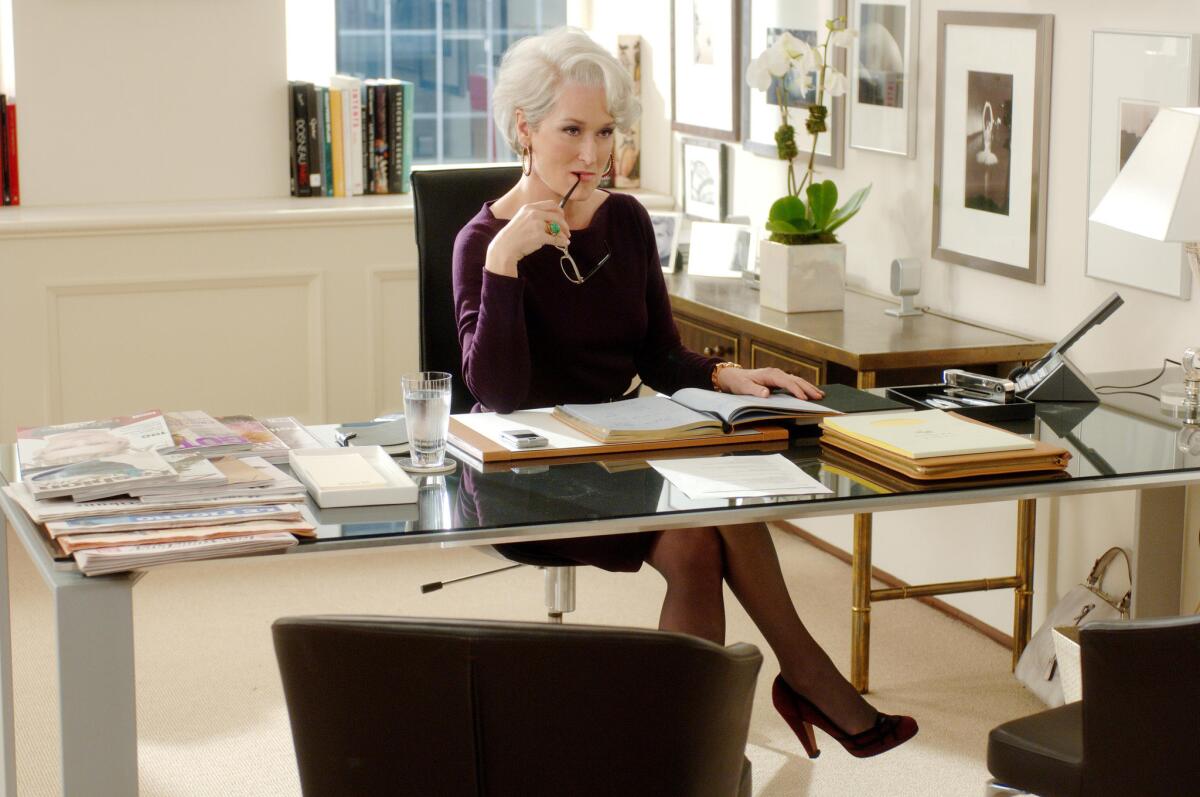
The ultimate boss from hell, Miranda Priestly rules the magazine Runway with an iron fist and zero regard for other people’s feelings. After being torn down and eventually turned into an egotistical fashion droid like Miranda, assistant Andy Sachs finally walks away from “Runway” at the most inopportune time. Believing she is professionally doomed, Andy is shocked to see a glowing — albeit sassy — recommendation letter from Priestly at a job interview which simply states that not hiring her would be their biggest mistake.
Severus Snape — “Harry Potter and the Deathly Hallows”
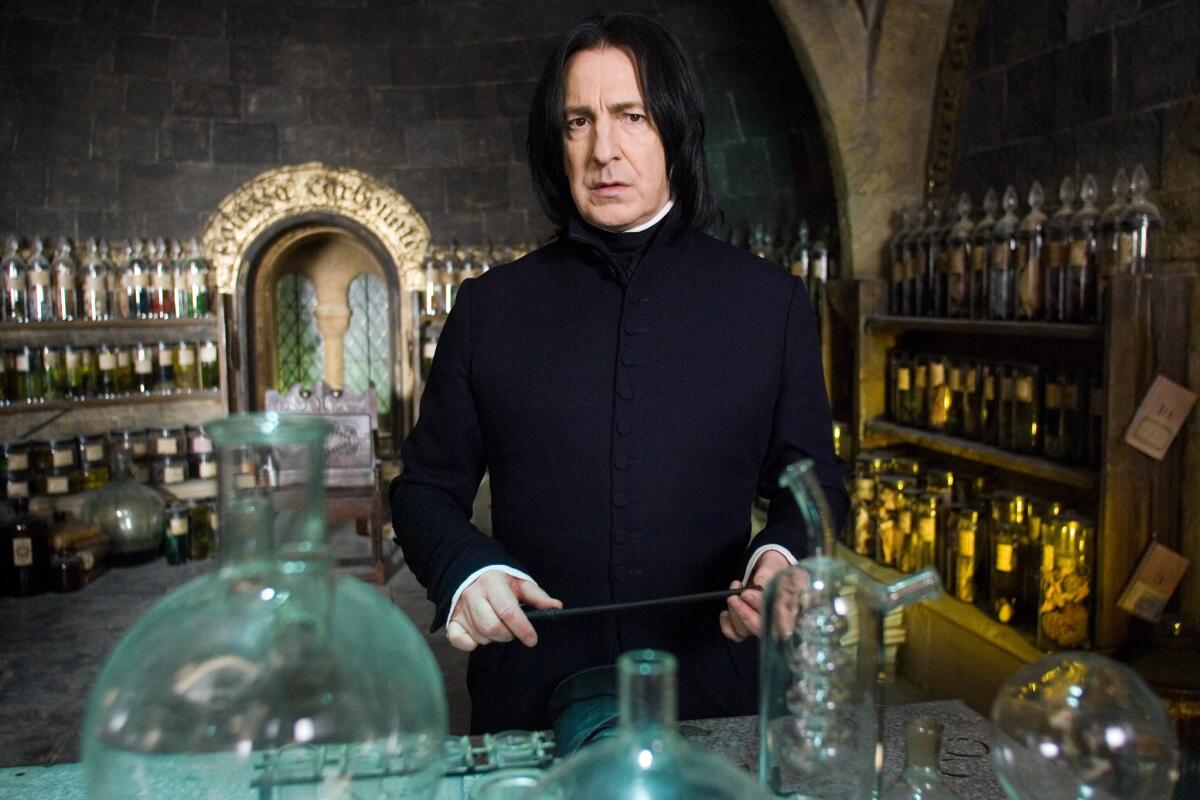
After nearly seven books’ worth of proof that Professor Severus Snape was evil and working for Voldemort, it is revealed in his dying moments that Snape was in fact a double agent who had pledged his allegiance to Dumbledore and the Order of the Phoenix because of his love for Lily Evans (Harry Potter’s mother). Although Snape did kill Dumbledore, he did so only because Dumbledore asked him to in order to save Draco Malfoy.
Anton Ego — “Ratatouille”
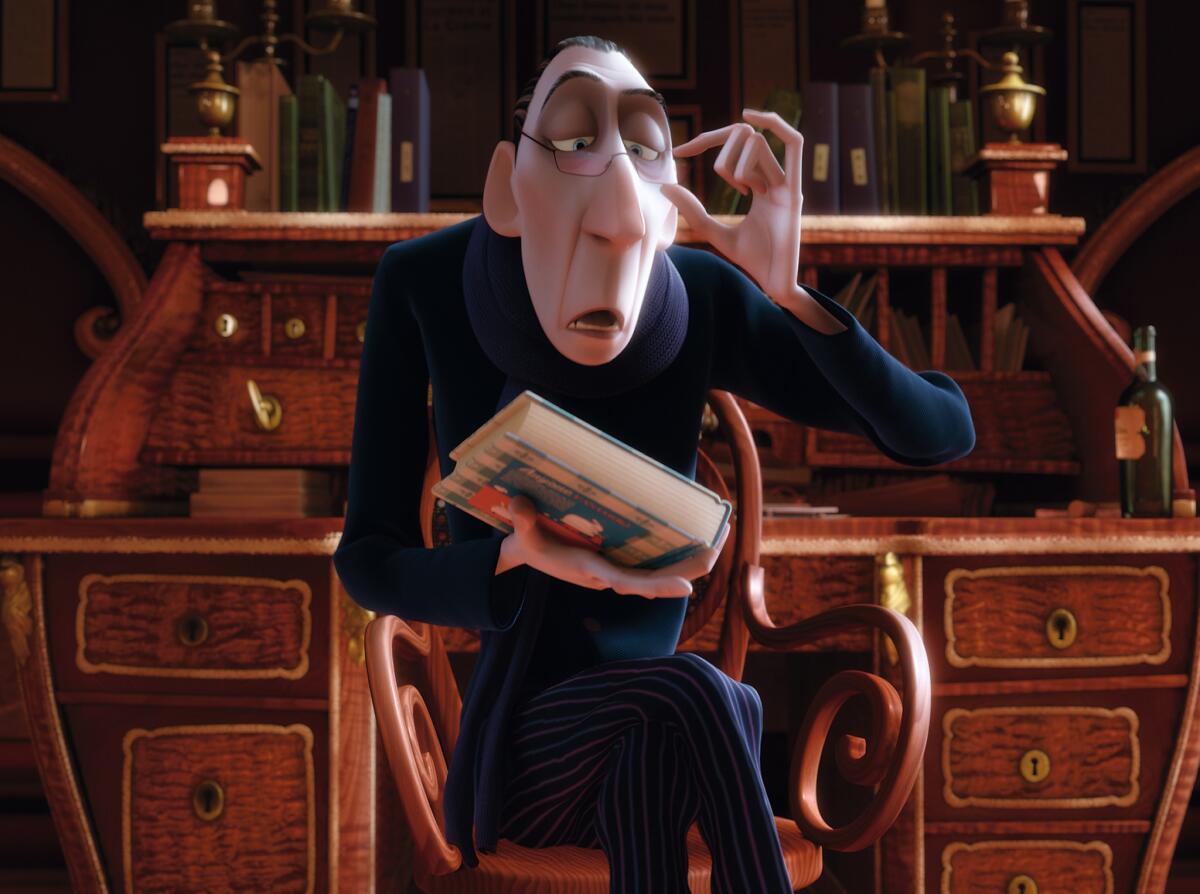
The famous food critic Anton Ego wrote a scathing review of Chef Auguste Gusteau’s restaurant, which caused the restuarant to lose one of its five stars and may have been a reason for Gusteau’s passing soon after. Ego, however, has a change of heart at the end of the film when he tastes Remy’s ratatouille and gives both the restaurant and Remy a stellar review. Unfortunately, this reformation costs Ego his job and reputation when it is discovered he is promoting a rat-infested restaurant. Undeterred, Ego further redeems himself when he becomes an investor in Remy’s new restaurant.
Helen — “Bridesmaids”
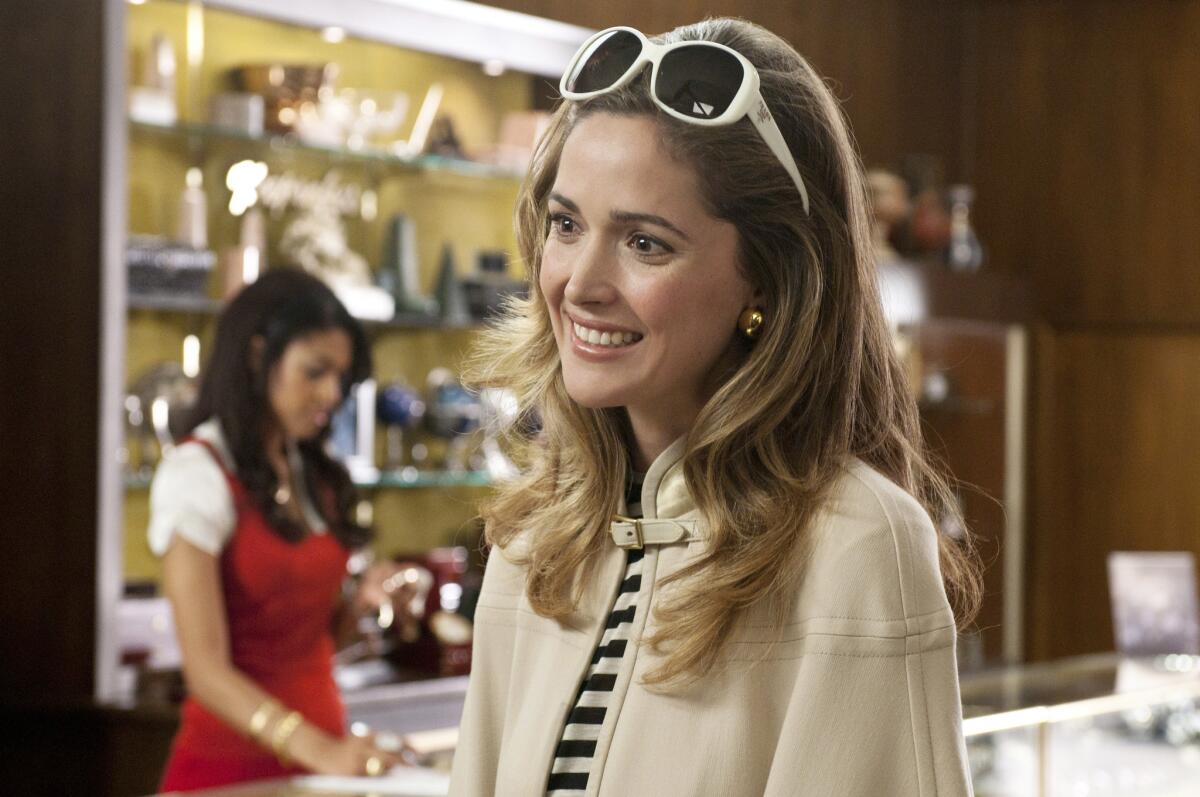
Desperate housewife Helen disrupts the longtime friendship between Annie (Kristen Wiig) and the bride-to-be, Lillian (Maya Rudolph), when she deliberately sabotages Annie’s attempts to be a good maid-of-honor. However, when Lillian goes missing on the day of her wedding, the two enemies team up to find her. Helen then apologizes for trying to ruin Annie and Lillian’s friendship and helps them make up in the end.
Loki — “Thor: The Dark World”
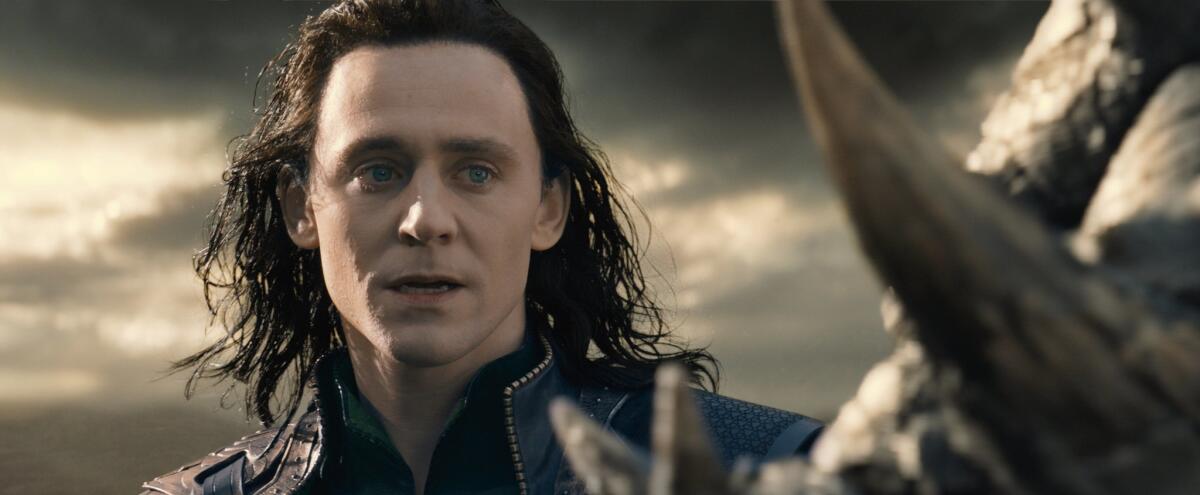
Loki, Thor’s forever jealous younger brother, finally atones for his villainous acts from “Thor” and “The Avengers” when he helps his brother find and rescue Jane and sacrifices himself while protecting Thor. But is he really dead? And has he really reformed? We are not so sure.
Raven/Mystique — “X-Men: Days of Future Past”
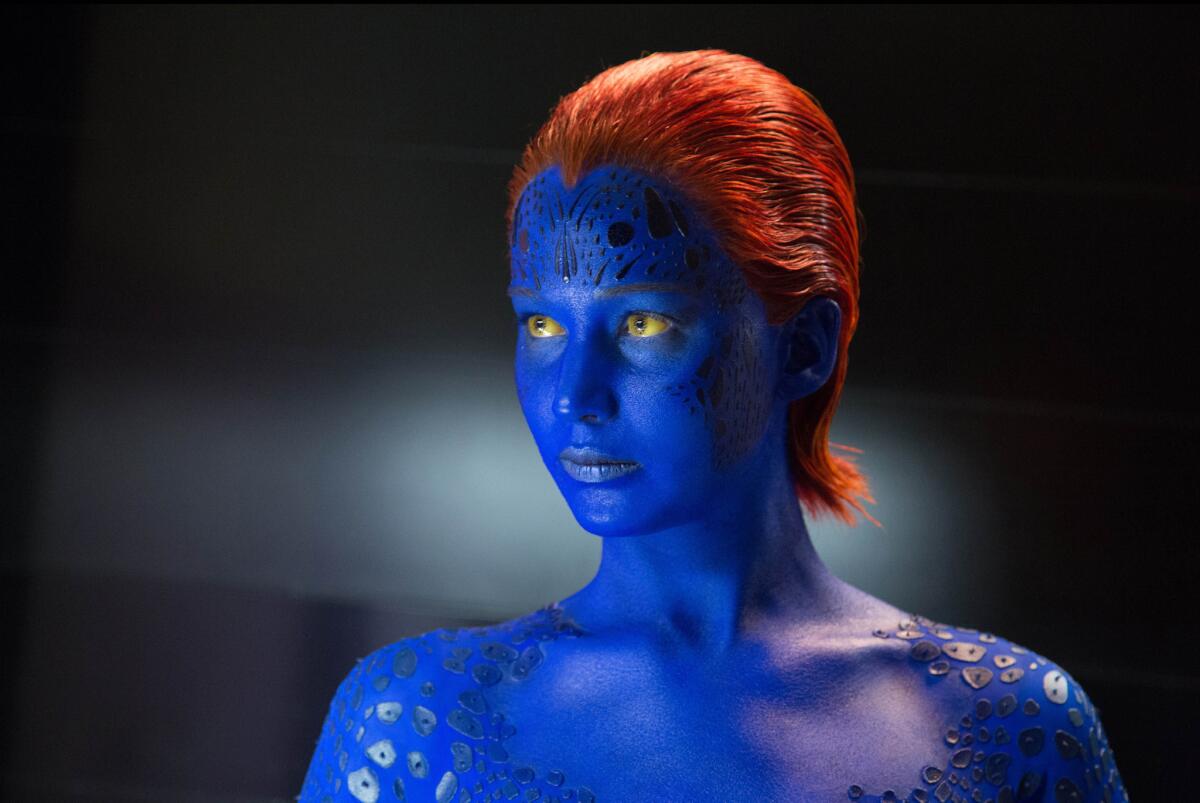
Years after the events of “X-Men: First Class,” Raven has left her longtime friend Charles Xavier and permanently aligned herself with Erik Lehnsherr, a.k.a. Magneto, where she has truly become Mystique. Mystique sets out to kill Dr. Bolivar Trask, who is targeting, torturing and killing mutants, but killing him will have drastic consequences in the future. In the end, Mystique, the one responsible for causing the mayhem of the future, prevents it by stopping Magneto before he kills Trask.
Only good movies
Get the Indie Focus newsletter, Mark Olsen's weekly guide to the world of cinema.
You may occasionally receive promotional content from the Los Angeles Times.







